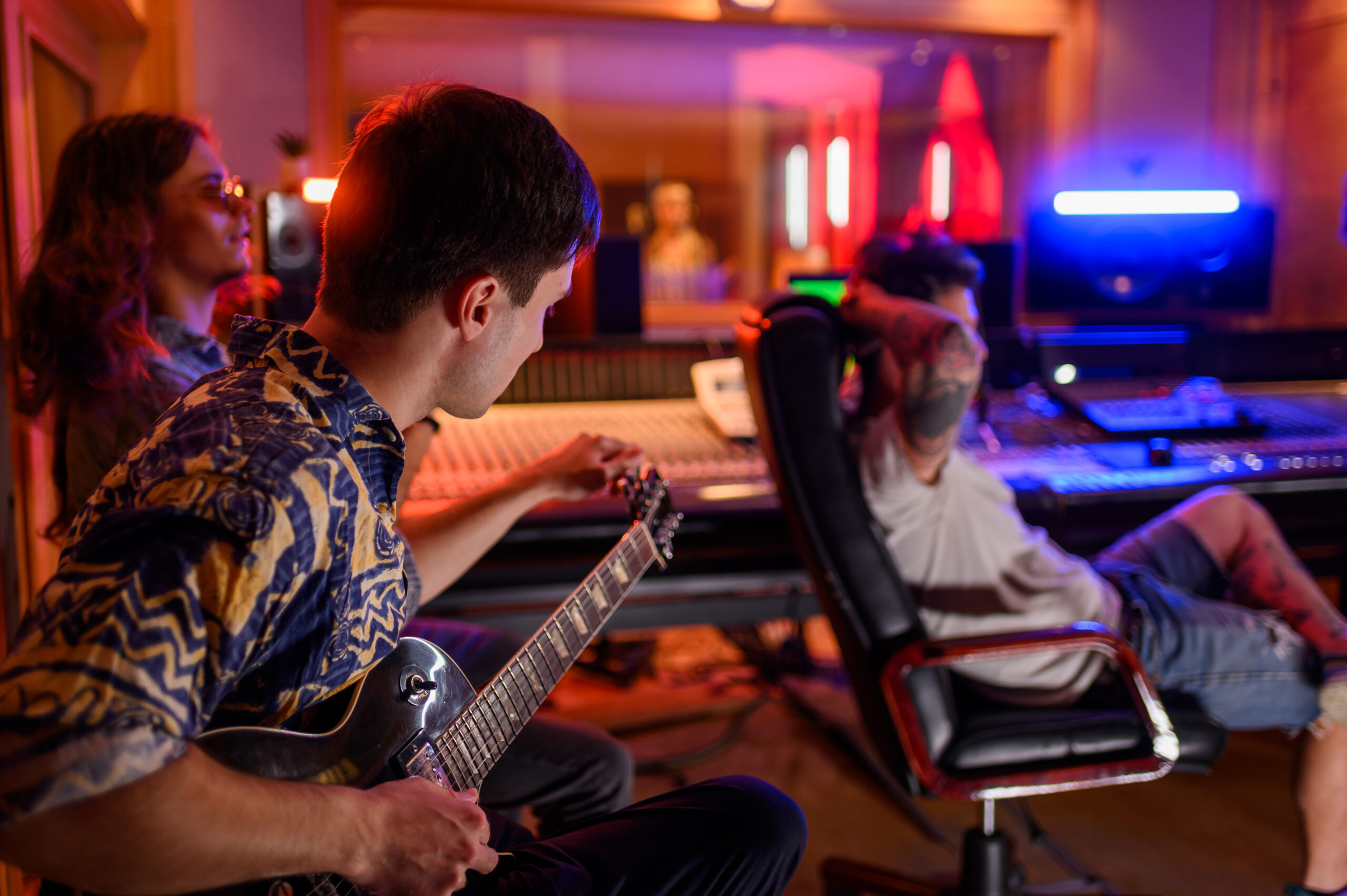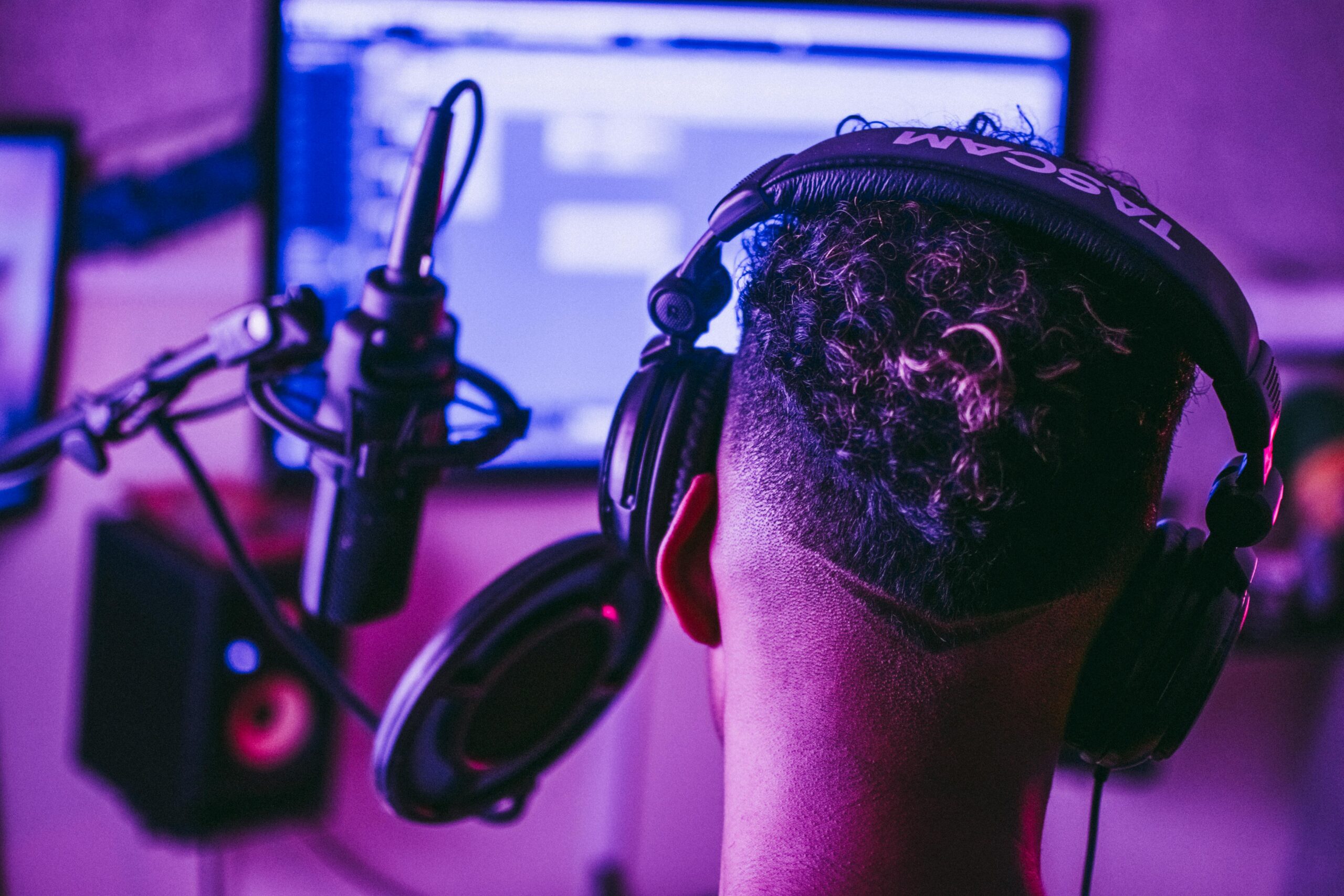
FREQUENTLY ASKED QUESTIONS ABOUT AUDIO RECORDING SCHOOLS
CHOOSING AN AUDIO RECORDING SCHOOL IS A BIG DECISION
That’s where we come in. AudioRecordingSchool.com is a third-party guide created to help future audio pros like you:
- Understand your options
- Compare program types and formats
- Learn what matters (and what doesn’t) when choosing a school
- Get matched with the right type of training
Whether you’re just curious or ready to dive in, we’ve got the info you need.
What is an audio recording school?
An audio school teaches you how to record, mix, edit, and produce sound for music, film, games, podcasts, and live events. Programs are focused on hands-on training in real studios with professional gear.
Do I need experience to start?
Nope. Most programs are built for beginners. You’ll start with the basics and build up — no prior training required.
What’s the difference between a degree and a certificate?
Degrees take longer and include general education.
Certificates are focused, fast-track programs built around real-world audio training.
How long does audio school take?
Most high-quality programs take about 12 months to complete. That’s enough time to learn everything you need — without wasting years in general education classes.
How much does audio school cost?
Expect to pay $25,000 to $30,000 for a top-tier program. Compared to a 4-year college degree (often $80K+), it’s a faster, more focused investment in your future.
What kind of gear will I learn on?
Good programs train you on industry-standard tools — including:
- DAWs like Pro Tools
- Mixing consoles
- Microphones and outboard gear
- Plugins, monitors, and mastering tools
- Live sound systems
Will I work with real clients or projects?
Many schools include live sessions, internships, or project-based learning so you graduate with real-world experience — not just theory.
Will this help me get a job?
The best schools provide:
- Career support and resume help
- Job placement assistance
- Industry networking opportunities
- Access to real-world work during school
What kind of salary can I expect?
Entry-level jobs in audio typically start around $40K–$50K, with experienced pros earning $70K–$100K+ depending on your role and location.
Do I need to move to LA or New York?
Not necessarily. Many audio jobs are remote, touring, or found in smaller cities. A good school helps connect you to the right opportunities — wherever you are.
Is online audio school worth it?
Online programs are flexible, but usually lack hands-on gear access. If you want a career in sound, on-campus training is the best choice.
What should I look for in a great audio program?
- Real studios and gear
- Hands-on training from day one
- Instructors who work in the field
- Career support and job connections
- Strong industry reputation
Can I specialize in one area (like film or gaming)?
Yes. Many schools offer focused paths in areas like:
- Music Production
- Live Sound
- Broadcast Audio
- Film/TV Post
- Podcasting
- Game Audio

STILL NOT SURE WHERE TO START?
Answer a few questions and find a program that fits your goals.
